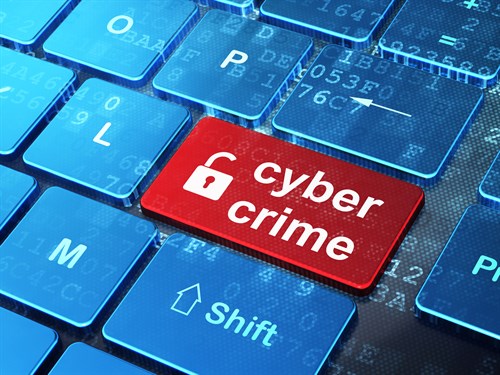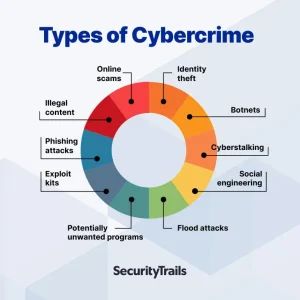Welcome to MBS’s Cyber Security Awareness Hub! In today’s digital age, it’s important to stay informed about cyber security and online safety, especially within our diverse community. This page aims to provide valuable resources and tips to help you protect yourself and your loved ones online.
What is Cyber Security?
Cyber security refers to the practice of protecting systems, networks, and data from digital attacks. These attacks can come in various forms, including phishing scams, malware, identity theft, and more. In the context of our community, understanding cyber security is crucial for staying safe online.
Cyber Security Tips for BAME Communities.
-
Strong Passwords: Use strong, unique passwords for all your online accounts. Consider using a password manager to keep track of your passwords securely.
-
Phishing Awareness: Be cautious of unsolicited emails, messages, or calls asking for personal information. Verify the sender’s identity before sharing any sensitive details.
-
Privacy Settings: Review and adjust privacy settings on social media and other online platforms to control who can see your information.
-
Software Updates: Keep your devices and software up to date with the latest security patches to protect against vulnerabilities.
Cyber Bullying Awareness.
Cyber bullying involves the use of digital platforms to harass, threaten, or intimidate individuals. It can have serious emotional and psychological impacts. Here’s how to address cyber bullying:
-
Recognize Signs: Understand the signs of cyber bullying, such as sudden changes in behavior, reluctance to use devices, or withdrawal from social activities.
-
Report and Block: Encourage victims to report cyber bullying to the platform or service provider and block the aggressor.
-
Seek Support: Provide resources and helplines for those affected by cyber bullying to seek help and support.
Overcoming Cyber Security Challenges.
Navigating the digital world can be challenging, but with awareness and proactive measures, we can overcome cyber security threats together. Here are some additional resources and tools:
-
Educational Workshops: Stay tuned for upcoming workshops and webinars on cyber security awareness tailored for our community.
-
Community Engagement: Share your cyber security experiences and tips with others in our community to create a safer online environment for everyone.
By raising awareness and promoting best practices in cyber security and online safety, we can build a resilient and secure digital community. Let’s work together to protect ourselves and each other in the digital world!
Report Harasment, cyberbullying

Report Stalking or Harassment Click here
Report cyber crime
If you are currently being subjected to a live and ongoing cyber-attack then please contact us on 101.
If you suspect you’ve been scammed, defrauded or experienced cyber crime, the Action Fraud team can also provide the help, support and advice you need.
Call Action Fraud on 0300 123 2040 (textphone 0300 123 2050).
Tips for parents and guardians
The internet lets children connect with friends and learn new things. But there are also dangers to going online, and children can be particularly vulnerable.
Talking to your child is one of the best ways to keep them safe online. By understanding the risks and keeping yourself up-to-date on the latest technology, websites and social networks you can help your child enjoy the internet safely and securely.
To help protect your children online
- keep computers and games consoles in family rooms where you can monitor activity
- install parental control software or activate parental controls through your Internet Service Provider (ISP) to prevent access to inappropriate content
- ‘friend’ or ‘follow’ your child on social networks, so you can see how they’re using them
- check age restrictions for websites or social networks to make sure your children are allowed to join
- advise your child not to post personal information or any images they wouldn’t want everyone to see
- check their social media accounts’ privacy settings, so their posts are only seen by friends and their location isn’t tracked
- avoid using webcams unless talking to close friends or family, and consider covering it when not in use
- monitor how your children use the internet and watch for any secretive behaviour
- encourage your child to be open about what they do online and who they’re talking to
- insist you go with them if they wish to meet online friends
- ensure the games your children play online are age appropriate


